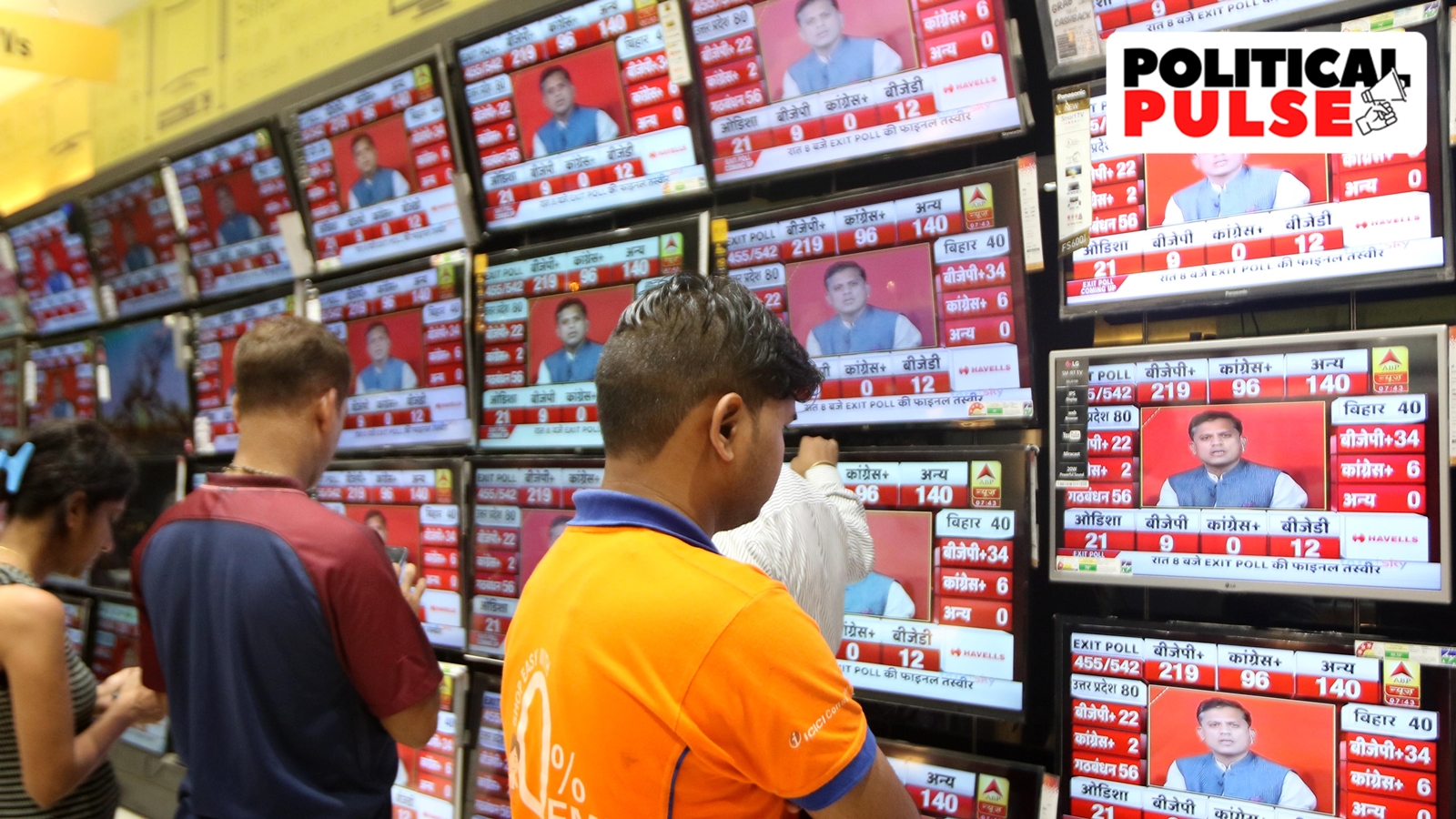 |
|
As the Lok Sabha elections draw to a close on Saturday, 43 days after the first phase on April 19, all eyes will shift to the exit polls which will start emerging soon after the voting period officially ends.
Between June 1 and June 4, when the results will be declared, it will be these exit polls that will keep parties either hoping or despairing.
Exit polls have a long history in India, with the first ones being conducted in the 1970s.
Since then, exit polls have become an increasingly important part of the electoral process, providing voters with a glimpse into the likely outcome of the elections.
However, exit polls are not always accurate, and there have been several notable instances where they have failed to predict the actual results.
In 2009, for example, exit polls predicted a hung parliament, but the Congress-led UPA coalition eventually won a comfortable majority.
Similarly, in 2014, exit polls predicted a close race between the BJP-led NDA coalition and the Congress-led UPA coalition, but the NDA eventually won a landslide victory.
In 2019, exit polls once again underestimated the performance of the NDA, predicting that the coalition would win around 300 seats.
However, the NDA eventually won 353 seats, giving it a comfortable majority in the Lok Sabha.
This year, exit polls will once again be closely watched by political parties and voters alike.
However, it is important to remember that exit polls are not always accurate, and the actual results of the elections may be different.
It will be interesting to see how the exit polls perform this year, and whether they are able to accurately predict the outcome of the elections.
Only time will tell.
Source: Now, onto exit polls: A look back at how close they were in 2009, 2014, 2019
